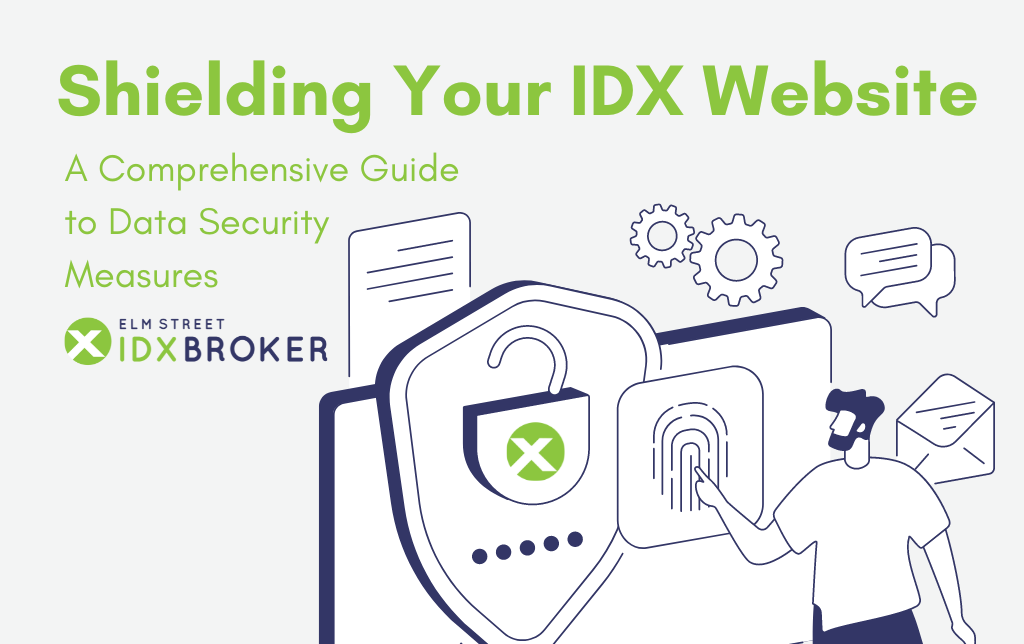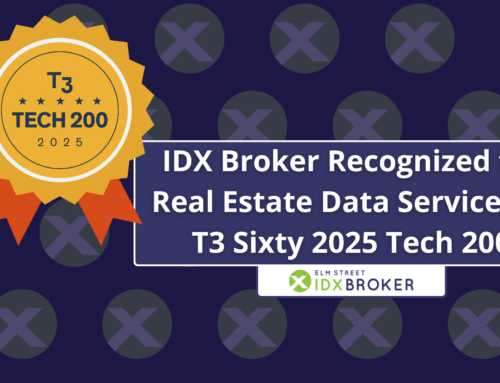
In the digital world of real estate, IDX websites play a key role in property listings and client interactions. Protecting sensitive data is essential. As a real estate professional, securing your IDX website is more than safeguarding your business—it’s about protecting client trust and confidentiality. This guide covers essential security measures to defend your IDX website from threats and vulnerabilities.
Understanding the Risks
Real estate websites, especially those with IDX (Internet Data Exchange) integration, are prime targets for cyber threats. These sites handle large amounts of confidential data, from property listings and client contact details to financial transactions. Cybercriminals seek to exploit this information. Common security risks include data breaches, phishing attacks, malware infections, and unauthorized access to client accounts. A security breach can lead to financial loss, reputational damage, legal liabilities, and regulatory penalties.
Key Threats to IDX Website Security
Data Breaches:
Hackers may attempt to access your website’s database to steal sensitive client information, financial records, and transaction histories.
Phishing Attacks:
Cybercriminals often use phishing tactics to trick users into revealing personal details or login credentials. They do this through fraudulent emails, messages, or websites.
Malware Infections:
Malicious software, such as ransomware and spyware, can compromise your website’s functionality and put visitor data at risk.
Cross-Site Scripting (XSS):
XSS attacks involve injecting malicious code into web pages. This allows attackers to hijack sessions, steal cookies, or alter website content.
Protecting Your IDX Website and Client Data
Choose a Secure Hosting Provider
Select a reputable hosting provider with strong security features. Look for SSL encryption, firewalls, malware scanning, and regular backups.
Keep Software Updated
Ensure your IDX website’s software, including content management systems like WordPress, stays up to date. Regular updates prevent security vulnerabilities.
Implement Strong Password Policies
Require complex passwords for user accounts and encourage regular password changes. Adding multi-factor authentication (MFA) strengthens security.
Use SSL Encryption
SSL encryption secures data transmitted between your website and visitors’ browsers. This prevents third parties from intercepting sensitive information.
Conduct Regular Security Audits
Routine security audits help identify vulnerabilities and assess risks. Consider hiring cybersecurity professionals for penetration testing and in-depth assessments.
Educate Your Team and Clients
Train your team and clients on cybersecurity best practices. Teach them to recognize phishing attempts, safeguard login credentials, and avoid suspicious links.
Backup Your Data
Regularly back up your website’s data, including property listings, client information, and transaction records. This minimizes data loss from cyber attacks or system failures.
Monitor Website Activity
Use website monitoring tools to track user activity. These tools detect suspicious behavior and help you respond quickly to security threats.
Securing Your Real Estate Business for the Long Haul
Prioritizing IDX website security is crucial for protecting your data, clients, and reputation. Understanding risks, implementing strong security measures, and staying vigilant against cyber threats will help safeguard your website. Securing your real estate business for the long haul is easier than ever with IDX Broker. Contact us today to learn how we can help protect your website and your clients.





